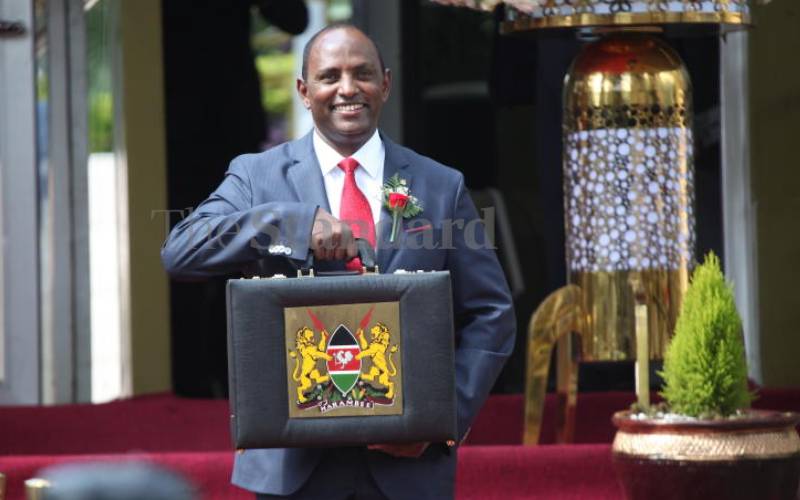×
The Standard e-Paper
Stay Informed, Even Offline

CS Ukur Yatani at The National Treasury, June 2020. [Wilberforce Okwiri, Standard]
On April 7, National Treasury Cabinet Secretary Ukur Yatani will read his last Budget under President Uhuru Kenyatta’s administration and with only four months before the August 9 General Election.